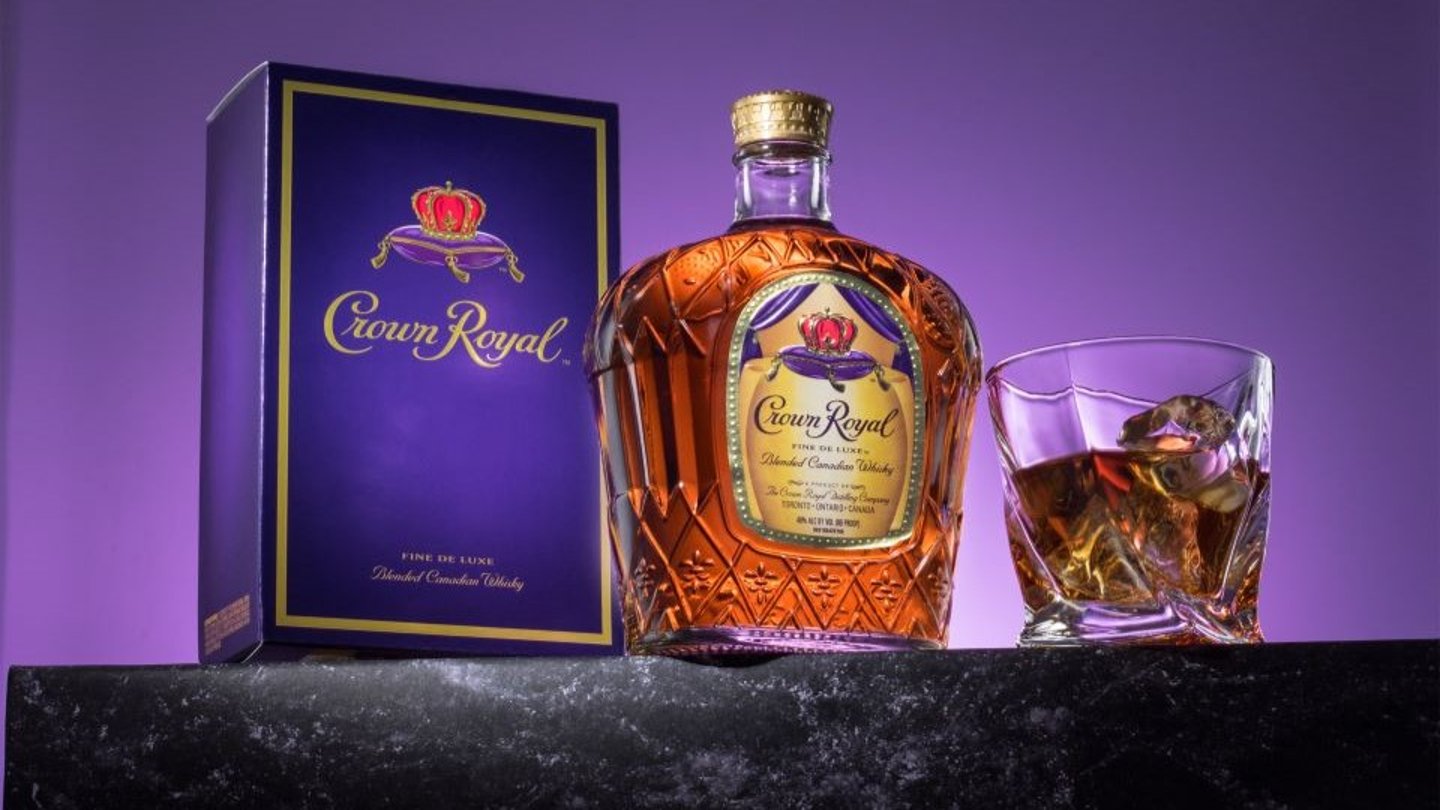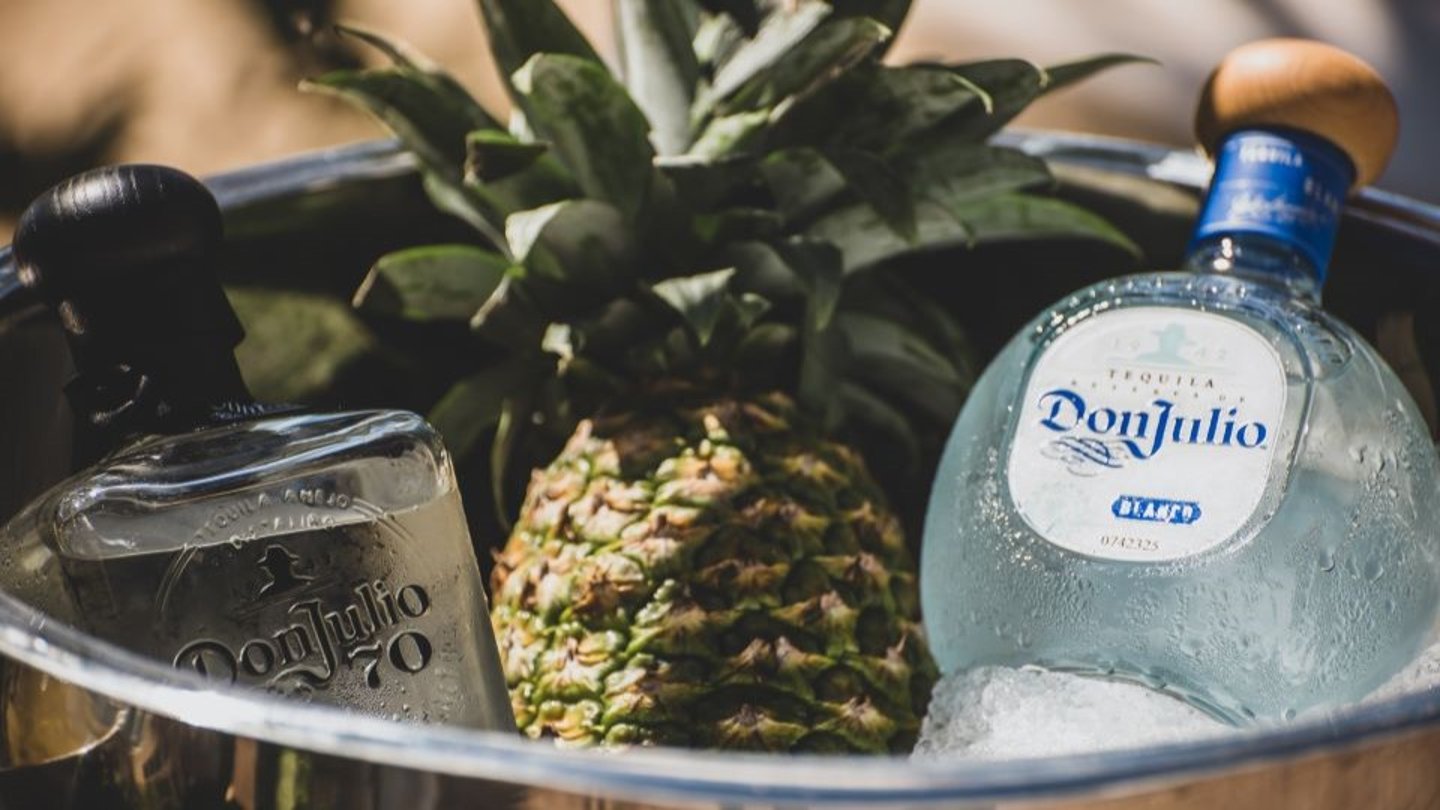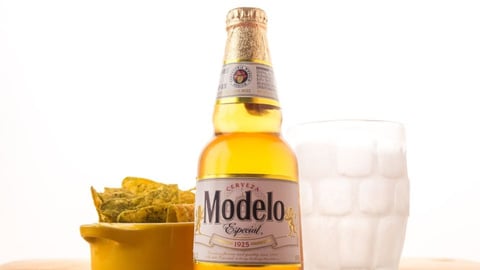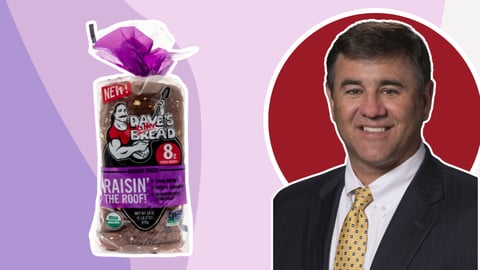Diageo Tariff Strategy Includes Pricing and Inventory Adaptability
For a company like Diageo that relies heavily on cross-border sourcing and production practices, the potential impact of tariffs on partnering countries poses considerable volatility.
As the tariff landscape continues to rapidly change, however, the company is left to navigate murky waters while implementing long-term strategies that can mitigate whatever changes lie ahead.
At the time of the company’s recent earnings announcement on Tuesday at 2 a.m. EST, Diageo was responding to three executive orders from President Trump to implement a 25% tariff on goods imported into the U.S. from Canada and Mexico, and 10% on those from China.
As of press time, Beijing responded with tariffs on U.S. coal, gas, and other goods, as well as restrictions on exports of some minerals and an antimonopoly investigation into Google. Mexico and Canada made last-minute deals on border security and fentanyl and, as a result, have secured a 30-day pause on the 25% tariffs Trump set to impose.
Diageo is hitting the brakes on any solid financial predictions, continuing work in its supply chain strategies to adapt to any further market disruptions, and relying on past experience with tariffs for its decision-making.
“While we had hoped to share before last weekend's news of building momentum in fiscal '26 with further sequential improvement in organic net sales growth and positive operating leverage, this is now on hold, pending greater visibility on how the situation evolves,” said CFO Nik Jhangiani during the call with investors.
Read more: Gartner Shares How Supply Chain Leaders Can Turn Tariffs into Strategic Advantages
A Multi-Pronged Approach
Due to geographic origins requirements for Diageo’s portfolio of BevAlc brands, 45% of its net sales of products sold in the U.S. are either made in Canada or Mexico.
As a result, tariffs would impact input costs on the company’s tequila production, which originates in Mexico, as well as on the whiskey products that originate from Canada. The vast majority of its net sales that would be impacted are from Mexico, however.
While the situation remains fluid, Jhangiani said the company has done “considerable contingency planning,” ready to turn to a series of actions that might mitigate the potential impact. These include pricing and promotion management, inventory management, supply chain optimization, and reallocation of investments.
“Some of these actions can be implemented rapidly — and in fact some have, including on inventory management — but others will take time,” he said. “We will continue to be agile and respond with speed as key details are confirmed.”
Already, the company plans to be more rigorous and disciplined with pricing across its markets, using both existing digital tools and price spike architecture. Diageo has seen benefits related to small sizes in the U.S. as a result, he said.
As Diageo watches the tariff conversation closely, Jhangiani told investors that continued strategic investments, including in digital and U.S. route to market, as well as organic operating profit, could be further impacted by tariffs.







